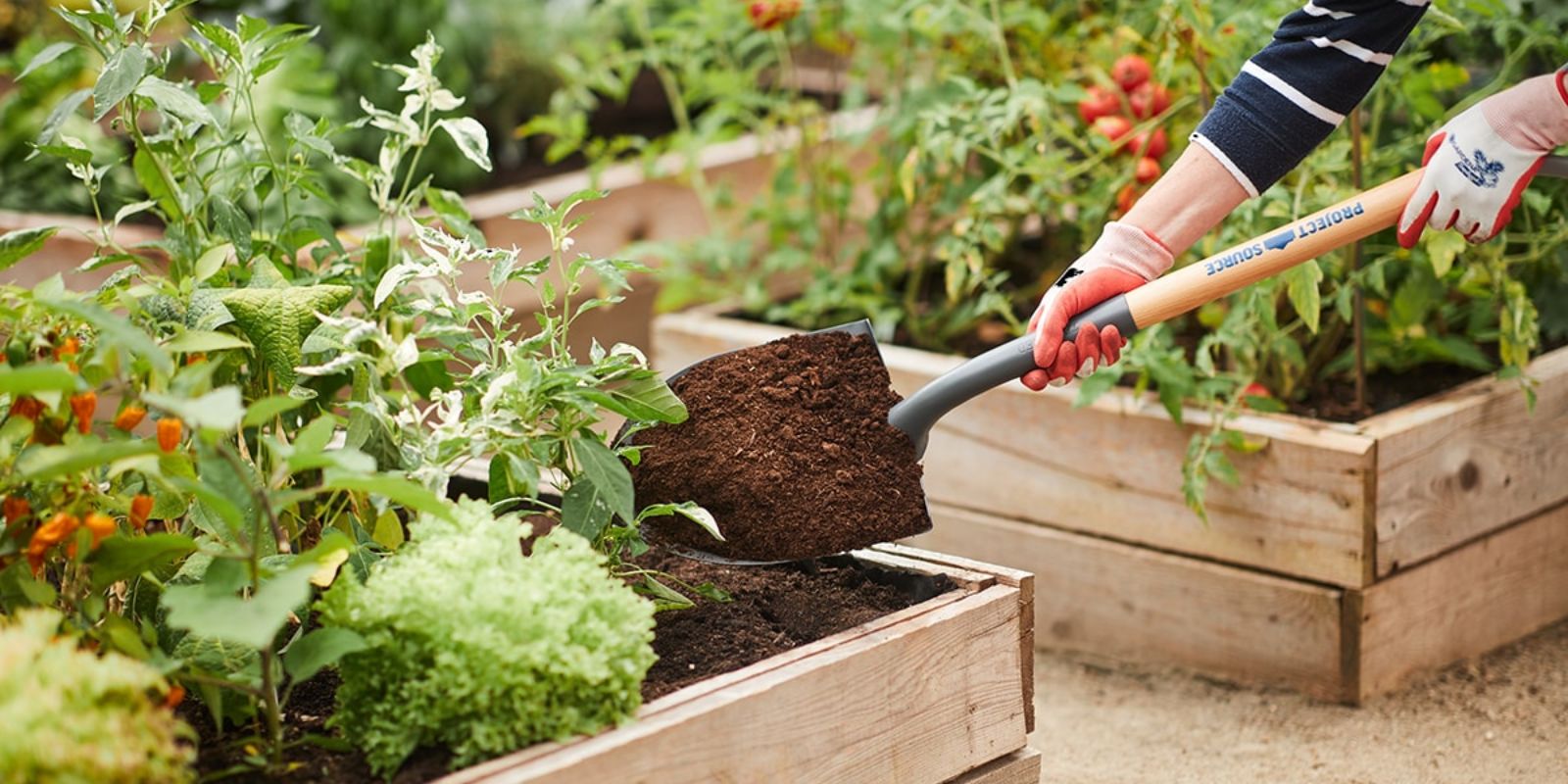Organic vegetable gardening is an art that combines tradition with innovation to grow healthy, nutrient-rich produce while nurturing the environment. While many gardeners are familiar with the basics of composting and crop rotation, there are several lesser-known techniques that can take your organic garden to the next level. These undiscovered methods offer unique benefits and can significantly enhance the productivity and health of your vegetable garden. In this article, we will explore these innovative practices, providing you with practical steps to incorporate them into your gardening routine.
Introduction
Organic gardening is more than just avoiding synthetic chemicals—it’s about working with nature to create a balanced and thriving ecosystem. By integrating undiscovered techniques into your gardening strategy, you can improve soil health, boost plant growth, and manage pests naturally. Let’s delve into some groundbreaking methods that can transform your organic vegetable garden.
1. Plant Companion Crops
What It Is: Companion planting involves growing specific plants together to benefit each other. This technique can help deter pests, enhance growth, and improve flavor.
How to Implement It:
- Choose Compatible Plants: For example, plant marigolds with tomatoes to repel nematodes and aphids. Similarly, basil can be paired with peppers to enhance their flavor and growth.
- Strategic Placement: Place companion plants near vulnerable crops to provide protection and support.
- Observe Results: Monitor how these combinations affect plant health and adjust as needed.
Benefits: Companion planting promotes a balanced ecosystem in your garden, reducing the need for chemical interventions and improving overall plant health.
2. Use Biochar
What It Is: Biochar is a form of charcoal made from organic materials and is used to improve soil quality. It enhances soil fertility, water retention, and microbial activity.
How to Implement It:
- Prepare Biochar: Obtain biochar from a reliable source or make it yourself by burning organic material in a low-oxygen environment.
- Incorporate Into Soil: Mix biochar into your garden soil at a ratio of about 5-10% by volume.
- Combine with Compost: For best results, blend biochar with compost before applying it to the soil.
Benefits: Biochar helps retain moisture, improves nutrient availability, and supports beneficial microorganisms, leading to healthier plants and higher yields.
3. Implement Hugelkultur
What It Is: Hugelkultur is a technique that involves creating raised garden beds using decomposing wood and organic matter. This method enhances soil fertility and moisture retention.
How to Implement It:
- Create a Base: Start by laying down logs or branches in a mound. Add smaller sticks, leaves, and other organic materials on top.
- Cover with Soil: Add a layer of soil and compost to cover the mound. Plant your vegetables on top of the bed.
- Maintain Moisture: Water the bed thoroughly and keep it moist to facilitate decomposition.
Benefits: Hugelkultur beds improve soil structure, increase nutrient levels, and retain moisture, making them ideal for growing vegetables.
4. Practice Green Manure
What It Is: Green manure involves growing cover crops that are later tilled into the soil to add organic matter and nutrients.
How to Implement It:
- Select Cover Crops: Choose crops like clover, rye, or vetch based on your soil needs and climate.
- Sow Seeds: Plant the cover crops during the off-season or between vegetable crops.
- Incorporate into Soil: Before the cover crops flower, cut them down and till them into the soil.
Benefits: Green manure improves soil fertility, enhances structure, and provides a natural source of nutrients for your next crop.
5. Employ Natural Pest Control
What It Is: Natural pest control involves using beneficial insects and organic solutions to manage garden pests without synthetic chemicals.
How to Implement It:
- Introduce Beneficial Insects: Release ladybugs, lacewings, or predatory beetles into your garden to prey on harmful pests.
- Use Organic Sprays: Apply neem oil or insecticidal soap to control pests like aphids and whiteflies.
- Encourage Predators: Create habitats for birds and other natural predators that help keep pest populations in check.
Benefits: Natural pest control reduces the reliance on chemicals, promotes biodiversity, and supports a healthy garden ecosystem.
Best Practices for Implementing Undiscovered Techniques
1. Start Small: Introduce one or two new techniques at a time to evaluate their effectiveness and impact on your garden.
2. Monitor and Adjust: Observe how your plants respond to the new practices and make adjustments based on their performance.
3. Combine Methods: Integrate these techniques with traditional organic practices for a comprehensive approach to gardening.
4. Educate Yourself: Continuously learn about new methods and innovations in organic gardening to keep your practices up-to-date.
Conclusion
Incorporating undiscovered techniques into your organic vegetable garden can lead to remarkable improvements in plant health, soil quality, and pest management. By exploring methods like companion planting, biochar, hugelkultur, green manure, and natural pest control, you can create a thriving garden that produces bountiful, healthy vegetables while supporting environmental sustainability. Embrace these innovative practices and watch your garden flourish in new and exciting ways.
Engagement Prompt:
Have you tried any of these undiscovered techniques in your garden? Share your experiences and let us know how these methods have transformed your vegetable gardening journey! 🌿🌾

